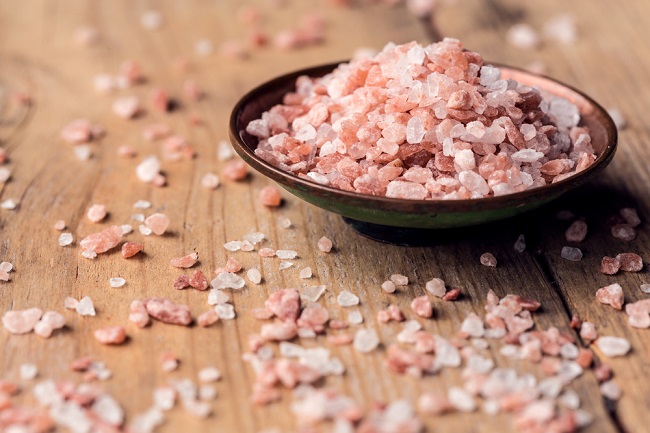In addition to animal protein, providing vegetable protein intake for children is also important. Apart from being more affordable, vegetable protein is easier to process and has many benefits for children's growth and development.
Vegetable protein is protein from plants. Unlike animal protein that comes from animals, vegetable protein does not contain cholesterol or saturated fatty acids.

Vegetable protein is not only for vegetarians, you know. There are many benefits of consuming vegetable protein for children, such as preventing obesity, maintaining heart health, and reducing the risk of various chronic diseases, such as diabetes, in later life.
In addition, teaching children to consume vegetable protein as early as possible is also considered to help preserve the environment, because the process of processing plants into food produces lower greenhouse gas emissions than animals.
Source of Vegetable Protein for Kids
The following are some sources of vegetable protein that have many benefits for child growth and development:
1. Soy milk
Soy milk is an excellent source of vegetable protein for children. This milk is made from soybeans or soybeans that are processed by grinding and boiling. However, for children, you should give soy formula.
Soy formula milk is milk formulated from soy protein isolate and enriched with other nutrients, such as fiber, calcium, vitamins, and omega-3 and omega-6 fatty acids, so that it is useful for maintaining digestive tract function, supporting brain development, and optimizing bone growth. .
The energy and nutritional content in soy formula has been adjusted to the daily needs of children. So, soy formula milk can replace cow's milk formula to meet the nutritional needs of children.
In addition, soy formula milk can also be an option for children who have lactose intolerance and cow's milk allergy, because soy formula does not contain lactose and the type of protein is also different from the protein found in cow's milk.
2. Tofu and tempeh
Tofu and tempeh are also good sources of vegetable protein to include in children's diets. Not only protein, tofu and tempeh are also rich in iron and calcium which are very good for children's bone health.
Mothers can serve tofu and tempeh for your little one by frying them, putting them in soup, or sautéing them with their favorite vegetables.
3. Oatmeal
Mother can also make oatmeal an option as a source of vegetable protein for children. In addition to protein, oatmeal also contains carbohydrates, vitamins, minerals, fiber, and healthy fats that are useful for children's overall health.
Not only because of its beneficial nutritional content, oatmeal is also easy to make into a soft textured porridge that makes it very easy for children to chew and swallow. Mother can serve oatmeal with milk and the child's favorite cut fruit.
Introducing vegetable protein to children is not always easy, because the taste tends to be more bland than animal protein may make children not want to eat it.
Slowly, try to introduce your little one to vegetable protein foods. However, there's no need to force it, Bun. Instead of benefiting from vegetable protein, your little one can even be lazy to eat.
If you are still unsure about the consumption of vegetable protein for children, you can consult a doctor regarding what food choices are good and in accordance with the health condition of your little one.









